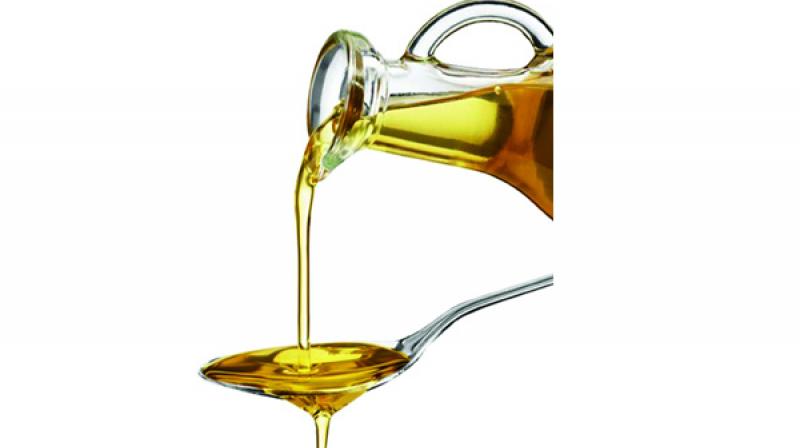India can reduce $2 billion import of coking coal per annum: Niti Aayog

Representational Image.
Chennai: Integrated Steel Plants imported 58 million tonnes of coking coal at a cost of approximately Rs. 1.5 lakh crore in FY24 despite holding proven geological resources of 21.63 billion tonnes of prime and medium coking coal, finds Niti Aayog. If the government takes required action to enhance domestic production, the coking coal import bill will be reduced by $2 billion per annum based on a landing price of $300 per tonne for imported prime coking coal, it said.
As of April 2023, India’s proved geological resources of prime coking coal were estimated to be 5.13 billion tonnes and medium coking coal to be 16.5 billion tonnes. However, out of the 238 million tonnes of coal imported into India during FY23, coking coal alone accounted for 56 MT. In FY 24, coking coal imports set a record of 58 MT. The total value of coking coal imports into India crossed Rs 1 lakh crore for the first time in FY22 and stood at Rs 1.5 lakh crore in FY24.
Ministry of Steel can review the suboptimal utilisation of SAIL’s existing coking coal mines and washeries and upgrade the existing washeries or establish new washeries with advanced technology to enhance the import substitution of coking coal in SAIL’s steel plants and reduce hot metal costs,” Niti Aayog said.
India’s import dependence on coking coal is about 85 per cent. The raw coal throughput to the washeries owned by PSUs, which have a total capacity of 25 million tonnes per annum while the total raw coking coal production was 55 MT from PSU coal mines. Therefore, the capacity utilisation of PSU washeries was less than 32 per cent in FY23 while the washed coal yields were only 35-36 per cent. This is in stark contrast to the performance of the four private coking coal washeries which have a capacity utilization of 75 per cent and higher washed coal yields.
While the Centre has announced a rebate of 50 per cent on the final offer for the coal used for gasification and liquefaction, there is no incentive for producing metallurgical coal. In the absence of such incentives, the newly auctioned commercial coal blocks will sell the raw coking coal without making investments in modern coking coal washeries required for supplying metallurgical coal to steel plants or coke ovens.
The government can also think about joint ventures with the private sector. The annual savings in the coking coal bill of ISPs by using private sector investments to develop integrated mining, beneficiation, and logistics coking coal projects in the West Bokaro coalfield alone is estimated to be Rs 8000 - 10,000 crore. This will also significantly increase the revenues accruing to the state in the form of royalty, district mineral fund, and GST.
( Source : Deccan Chronicle )
Next Story

